
“Economy on Recovery Path; Country Will Make a Leap Towards Prosperity in This Term,” Says DPM and Finance Minister Paudel
In an exclusive interview with RSS, Deputy Prime Minister and Finance Minister Bishnu Prasad Paudel, a senior leader of the CPN (UML), reflects on the economic challenges Nepal has faced in recent years, the steps taken by his government to address these issues, and the political landscape within his party. Paudel, who has been in office for four months, also discusses the ongoing coalition government and its future prospects.
Q. Four months have passed since you took charge of the Finance Ministry. What initiatives have you taken to revitalize the economy during this period?
A. Our primary focus has been to gain a thorough understanding of the overall economic situation, identify issues, and take targeted actions. As a result, there are signs of improvement. The private sector’s confidence is growing, and we are creating a favorable investment climate. We implemented a 100-day action plan, with over 90 percent of the tasks already completed.
We established the High-Level Economic Sector Reform Recommendation Commission, composed of economists and private sector representatives, to help shape economic improvements. We also passed and implemented several important regulations, including those related to insurance, customs, taxation, and revenue mobilization.
Key reforms include the introduction of the luggage and vehicle scanner machine at Tatopani Customs, the dematerialization of Citizens’ Saving Bonds, and the deployment of an SMS system to communicate with traders.
Q. While progress is being made, concerns remain over payments to construction contractors and revenue collection. What’s your response to these issues?
A. When we took office, there were significant unpaid dues from the previous year. We have worked hard to clear these outstanding payments, and they are being made gradually. We are addressing issues regarding project classifications and ensuring multi-year resources are allocated based on clear criteria.
There has been significant improvement in key areas such as foreign currency reserves, balance of payments, remittance inflows, and the capital market. We’ve also seen a 17 percent increase in revenue collection this fiscal year.
The government’s efforts to control inflation and stabilize market prices are yielding positive results. The capital expenditure has increased, and we are focusing on mobilizing investment from non-resident Nepalis through the NRNA Development Fund.
Q. Some sectors remain concerned despite these improvements. How do you address the private sector’s ongoing worries?
A. We acknowledge that not all problems have been solved, but there are visible signs of recovery. We inherited a challenging situation, with severe declines in industrial production, exports, and job losses. Revenue mobilization was also weak.
However, liquidity in banks has improved, and loans are being provided at lower interest rates, which is vital for productivity and job creation. Our focus is on strengthening these recovery signs and addressing the genuine needs of the private sector. We’re working to improve resource management, revenue mobilization, and capital expenditure to drive economic growth.
Q. There are rumors that the coalition government may not complete its full term due to internal rifts, particularly between the Nepali Congress and CPN (UML). What is your view on this?
A. The coalition between the Nepali Congress and CPN (UML) was formed to ensure political stability and pave the way for development. This alliance is driven by the common goal of protecting the Constitution and achieving prosperity through social justice. Despite some external attempts to disrupt it, the coalition is strong and will last until the 2084 BS elections.
There are no significant issues between the parties at present. We have a common mechanism, including the Prime Minister, NC President, and senior party leaders, to manage the coalition’s operations. The mechanism has helped maintain a healthy dialogue and avoid misunderstandings.
Q. There have been mixed reactions regarding Prime Minister KP Sharma Oli’s recent official visit to China. How do you assess this visit?
A. The Prime Minister’s visit to China was a major success and a historic milestone in Nepal-China relations. The visit resulted in the realization of previous agreements and the signing of new ones, particularly in the area of infrastructure development, which is crucial for Nepal’s economic growth.
While some within the NC have expressed dissatisfaction over specific agreements, including the BRI Framework, the official stance of the Nepali Congress, as expressed by its President, has been supportive of the government’s actions.
Q. There are rumors of a rift within the CPN (UML) leadership. Is there any truth to these claims?
A. The CPN (UML) is a united party with a clear commitment to people’s multi-party democracy. There is no question regarding our party’s policies or leadership. We all respect the leadership of Chairman KP Sharma Oli, whose visionary leadership has been instrumental in bringing the party to its current position.
Any disagreements within the party are normal, but they are addressed in a way that strengthens unity. Chairman Oli will remain the party’s leader, and his leadership will be reaffirmed during the 11th General Convention.
Q. Will KP Oli remain the party chairman after the 11th General Convention?
A. Leadership in our party is not about self-confidence, but about capability. Chairman KP Sharma Oli has proven himself as an effective leader not only for the party but for the nation. His leadership has been instrumental in the party’s success, and there is no need to search for an alternative. He will be unanimously re-elected as the party chairman at the 11th National Convention.
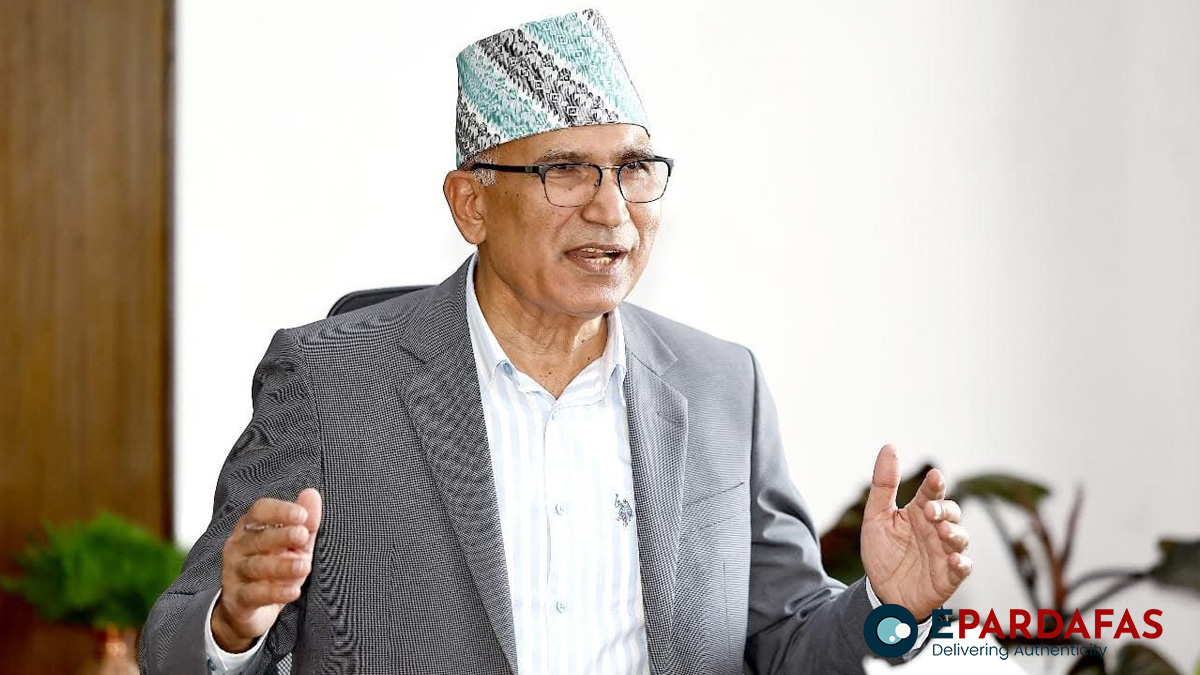
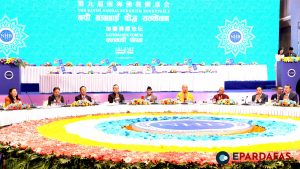
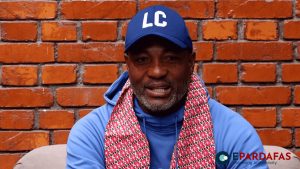
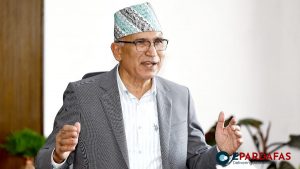
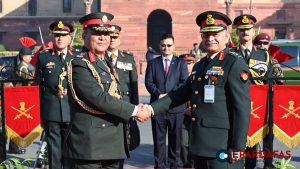

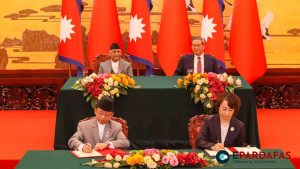


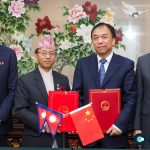
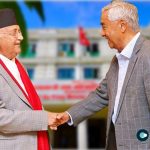

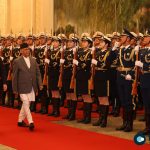
Comments